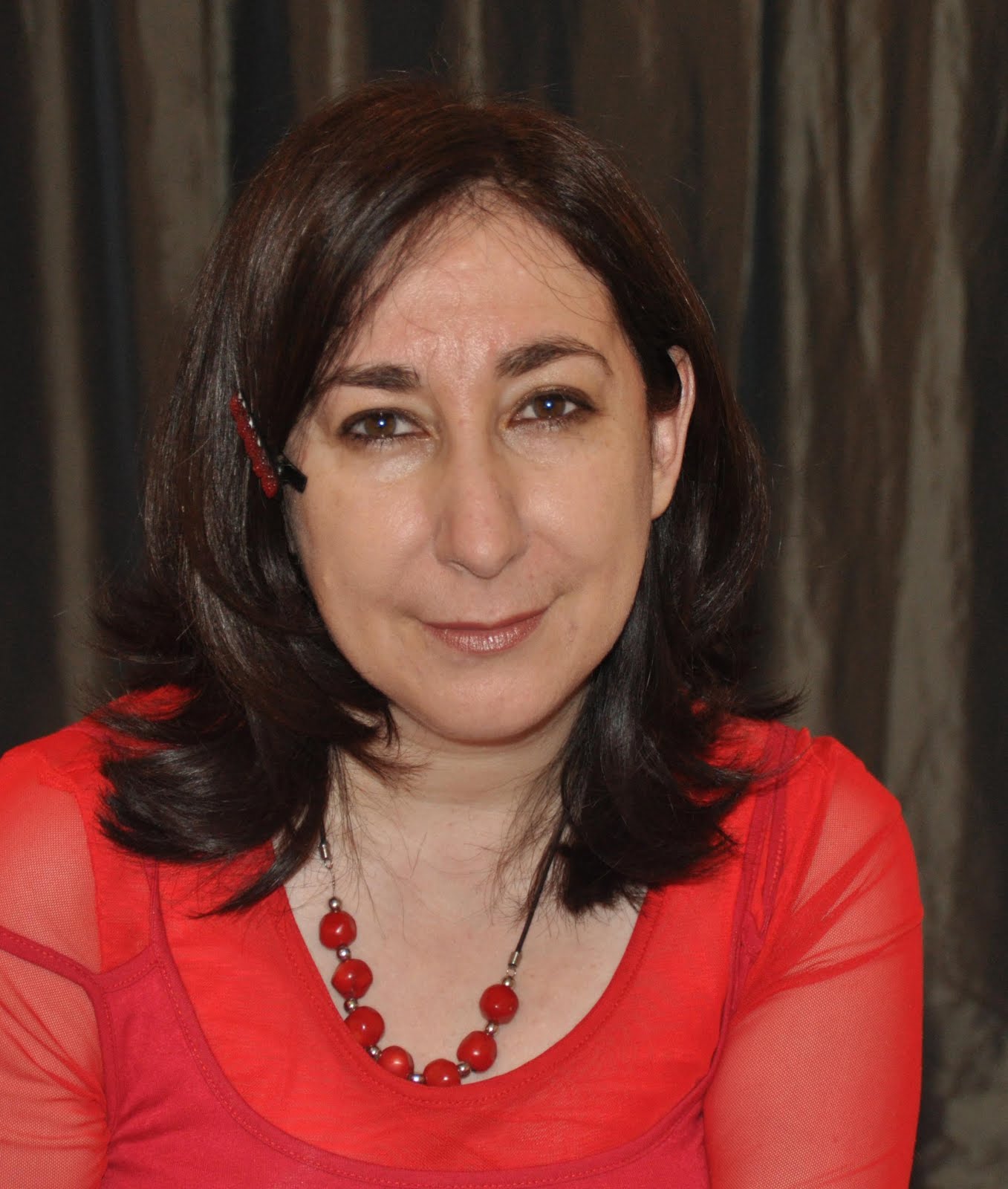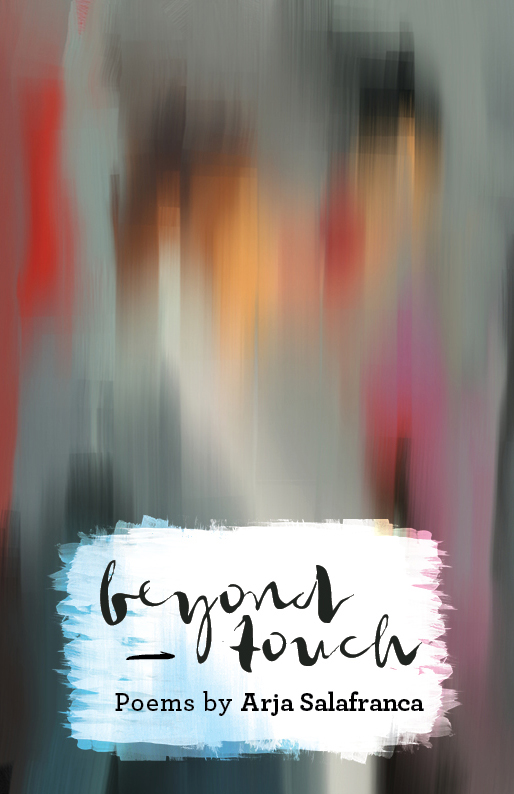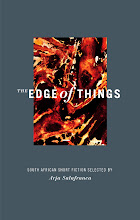 |
The Road of Excess never quite
gains the ground or follows the
momentum of the previous
Winterbach novels I've read in English |
This is vintage Ingrid Winterbach, who writes in Afrikaans, and is one of our most startling and original writers. Translated by Leon de Kock into English, this novel first appeared in 2011 under the title Die benederyk, when it took the 2011 M-Net Prize.
Winterbach’s voice is dry, at times verging on sardonic, and her novels are deceptively layered. They seem simple and straight-forward at first, the storylines following a seemingly simple arc, but it’s what beneath that counts. Four years after first encountering the stories in the English version of To Hell with Cronje, I’m still reeling after encountering the parched physical and emotional landscape of scarred and barely recovering Boer War soldiers as recounted in that story. In The Elusive Moth, I followed the story of Karolina Ferreira, an entomologist, in the equally dry landscape of a small Free State town. Winterbach pulls you, puzzled at first, and leads you out, profoundly moved by the experience.
Unfortunately though, and to my disappointment, The Road of Excess never quite gains the ground, or follows the momentum of the previous Winterbach novels I’ve read in English. There are moments of wit and drama, and a characterisation of a neighbour, Bubbles Bothma, that are high art, but essentially the novel remained flat for me.
The Road of Excess tells the story of ageing artist, Aaron Adendorff, a widower, and lover of solitude, who finds his fortunes waning. His gallerist, Eddie Knuvelder, has promised him another exhibition, but the man has disappeared, leaving his two assistants fending him off and saying there are no plans for a future exhibition. Aaron feels adrift, cut off. Add to that that he asked to drive two up and coming artists to the Midlands, bored and cynical, they are nevertheless the one raking in the money and the publicity, getting to go to an important Berlin exhibition, a chance now denied him. No wonder Aaron’s mood is sour and disgruntled.
The novel is also peopled by a rich description of two other female characters, his domestic worker, the Sesotho Gloria Sekete, a woman who cleans for him, interrupts his day with her singing, and nasty habits like not using a cutting board to cut bread, splayed out in the kitchen, an inscrutable presence. Nevertheless, she serves as goalkeeper to the solitude he needs to create – keeping unwanted visitors to the door firmly away. Not that there are many.
Until the neighbour, Bubbles Bothma moves in with her frumpy dress sense, a need for lifts, and a way of insinuating herself into his life. Before long he’s giving her lifts, finding himself driving away from some fishy drama that is never explained and, surprisingly, discussing literature with her. Bubbles, with her badly dyed hair job and her companion, never quite gives up her secrets, staying away for weeks, returning with her demands for a lift. Bubbles lifts the novel out of a moroseness that has settled on the main character, Aaron, and she remains a tour de force of characterisation, even if we never quite find out all we want to about her.
"The name of the game is money, my friend. Where there’s art, there you’ll find the spirit of the times... The prices are way, way out. Astronomical. ...And anything goes. Art’s no longer alternative. Anything can be justified.”
And then, along with Aaron’s self doubt and feeling as if he has been left out in the cold by the artistic world, there’s his brother, troubled soul, Stefaans, a recovering addict. The novel is peppered with Stefaan’s SMSes to his brother – poem-like message filled with family history. Stefaans recounts incidents in their childhood, people they knew, his own life, and those that have populated it – leading Aaron into his own memories of the childhood he shared with his brother.
 |
South African novelist Ingrid Winterbach,
one of SA's most startling and original writers |
No doubt this is a rich, detailed novel, despite the scarcity of characters – those that exist are strongly drawn, and memorable. The narrative swirls with Aaron’s art, his preoccupations – with death for instance, and a desire not politicise it by commenting on events but to go deeper, paint more personal themes. Art is what feeds his soul he tells the inscrutable Mrs Sekete, and she disagrees.
And yet his obsessions with the absence of colour – using only white, black and red, with some green or orange point to his own soulful aridity. He wants to paint the hand of God, he says, and imagines it coming out of the canvas.
These descriptions are both vivid and profoundly fascinating to read – the artist at work is always a source of interest. Poking fun at the sometime pretentiousness of the art world too is rendered in a sidelong glance. One of the pretentious young artists Aaron escorts to the Midlands says, in the full arrogance of youth, “The name of the game is money, my friend. Where there’s art, there you’ll find the spirit of the times... The prices are way, way out. Astronomical. ...And anything goes. Art’s no longer alternative. Anything can be justified.”
Ultimately, it’s Aaron’s moroseness, his depressed character that must see us through this book of oddball characters, discussions of art, and a reaching into memory, and that’s its failing. You try to warm to him, but he remains perennially cold, just out of reach. There’s a lot to commend the story, and Winterbach’s at the height of her craft, if only there were some redeeming features in the figure of Aaron, some way of likinghim, even slightly, to feeling empathy for him. But instead, he pushes you away, which means this book moves along, certainly, but never flies off the page or leave you pondering, and moved long after the initial reading.
First published in the Pretoria News, September 22 2014
















.jpg)
